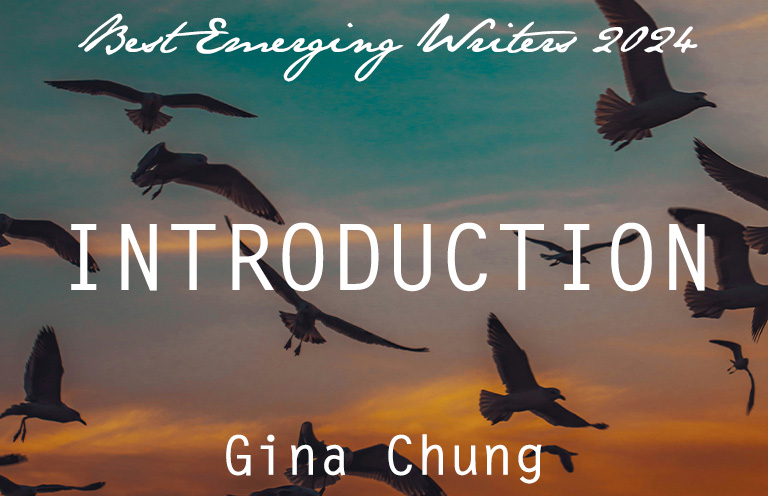
I’m often asked what I like to read, or what kind of work pulls me in. This is both a deeply interesting and difficult question (and one that I myself have put to other readers and writers, much to their consternation). While we all inherently know when a particular story makes us sit up in our seats and pay close attention, it’s much harder to describe why or how it happens. I sometimes think of it as a quickening of the pulse, or a sensation of recognition—similar to looking across a crowded room into the eyes of someone you love or think you might like to love—ah, there you are, and here I am. In other words, I tend to respond to work that feels, in some way, as if it is speaking back to me. I think this is also why writing is one of the most hopeful things a person can do, since when we set something down on the page, it’s generally with the idea that somewhere, someday, someone else might read it too, and understand.
This isn’t to say, though, that I read primarily to “feel seen,” as people like to say nowadays, or to have my own thoughts and experiences reflected back to me. I’m also looking for imagery, diction, or details that surprise me and make me feel as though something I haven’t seen before is occurring on the page. Writing that forces us to slow down, to see anew, and to ask questions of our reality and preconceived notions is just as important as writing that seeks to touch and connect. I think it is here, somewhere between the strange and the familiar, or oscillating across these realms, where we find the best stories, and where the stories in this volume live.
While reading through the shortlist of submissions for this anthology, I found myself thinking a great deal about voice. The way a writer tells a story is informed by specific choices they make along the way, both consciously and unconsciously, and the particularities of that telling—what they choose to notice, remember, and describe—matter just as much as the story itself. The voices represented by these stories are varied and unique, but all of them are insistent and thrillingly alive. In fact, while reading these stories for the first time, I realized that my body usually knew which stories I responded to before my brain did (again: the quickening of a pulse, the straightening of a spine).
While I wasn’t reading for any particular themes, I found, in assembling these pieces, that many of them happened to touch on similar ones. These stories ask questions about power, intimacy, control, our imperfect knowledge of one another and the world around us, and the limitations of our frail bodies, as well as the consequences of failing to understand those limitations. There is heartbreak and suffering here, as well as healing, of a kind.
It’s my hope that you will read these stories and feel, as I did, both recognized and transported. Perhaps you too will feel your body responding to the ones that you need most.
Gina Chung, Guest Judge
Click here to continue to Best Emerging Writers 2024.

Gina Chung is a Korean American writer from New Jersey currently living in New York City. She is the author of the novel Sea Change, which was longlisted for the Center for Fiction First Novel Prize, a 2023 B&N Discover Pick, an APALA Adult Fiction Honor Book, and a New York Times Most Anticipated Book, and the short story collection Green Frog, which was a Good Morning America Book Buzz Pick, named one of NPR’s Best Books of 2024, and longlisted for the 2024 New American Voices Award. A recipient of the Pushcart Prize, she is a 2021-2022 Center for Fiction/Susan Kamil Emerging Writer Fellow and holds an MFA in fiction from The New School. She is a faculty member of the Solstice MFA in Creative Writing Program at Lasell University.
